Creation for Kids
Why do we believe the Bible?
Published in Creation 37(1):30–33, 2015
The James family loves the Lord, and their three children often have questions about things they learn at church, or things they see on TV or read in books. They know they can always ask their Mom and Dad any questions they have.
Last Wednesday night, the pastor talked about why it’s important to trust God’s Word in all areas of life. Sitting in the van after church, Wesley said, “I believe the Bible, but I have a lot of questions about why!” Isabel said, “Let’s ask Mom and Dad, maybe they will let us have some ice cream after dinner because we were paying attention during Bible study!”
Dad, overhearing the conversation said, “Yes, let’s have some ice cream and talk.” “Woohoo!” the kids shouted together. Soon, ice cream in hand, the kids started bombarding Mom and Dad with questions.
Why do we believe the Bible?
God is our Father in Heaven and He loves to communicate with His people. God tells us what His will is, and we can understand it because He is a God of order and logic. That’s what the Bible is for. It’s a special book written over a long period of time by men to whom God spoke. Lots of people have questions about the Bible, though, so let’s answer some of the most common ones.
Did God write the Bible, or did men?
God wrote a very special part of the Bible, the Ten Commandments (found in Exodus 20), directly onto tablets of stone (Exodus 31:18). But most of it He told men to write. Sometimes He told them exactly what to write, and other times God moved the heart and mind of the authors to write things down. We can trust that, whatever the authors wrote, it is true, because it all came from God.
⛏ Dig a bit deeper: 2 Peter 1:19–21
How do we know the Bible is God’s Word?
There is a lot of evidence in the Bible that it isn’t just a book written by men for their own reasons. First, it is completely accurate everywhere we have been able to test it. Second, it never contradicts itself, even though the books of the Bible were written by a lot of different people in different places and at different times.
But the most trustworthy evidence of all is that Jesus told us that it is the Word of God. In John 10:35 Jesus called the Old Testament the Word of God. And He said that “Scripture cannot be broken.” That means that it is completely true and trustworthy.
⛏ Dig a bit deeper: Matthew 5:18
What does the Bible tell us about the forgiveness of sin?
The Bible tells us that we have all sinned and therefore deserve God’s judgment. However, when Jesus died on the Cross, because He is the Son of God, He became our substitute and paid the full penalty for the guilt of sin for all those who believe in Him and are willing to accept God’s forgiveness by faith. Romans 10:9 says: “if you confess with your mouth that Jesus is Lord and believe in your heart that God raised Him from the dead, you will be saved.” See also 1 Peter 2:24, 2 Corinthians 5:21.
Should I read the whole Bible, or only parts?
Since the whole Bible is inspired by God, we should want to read all of it to know as much as possible about what He has told us. And the Bible doesn’t have a lot of useless information. 2 Timothy 3:16–17 says: “All Scripture is breathed out by God and profitable for teaching, for reproof, for correction, and for training in righteousness, that the man of God may be complete, equipped for every good work.” Let’s look at what that means:
Teaching: The Bible gives us facts we need to know about God, the earth’s history, and why we need to be saved from sin. These are things that only God knows, because He is our Creator and He has always existed. People who don’t believe in God or His Word invent other explanations as to how we came to be and what might happen to us after we die, but they can’t know for sure because they are not God.
Reproof: This means the Bible shows us where we’re wrong. All of us think and act in ways that are wrong, and so we need the Bible to uncover those areas of our lives.
Correction: This means that the Bible corrects us when we’re wrong. The Bible has the right answers to everything, so if we read the Bible we will know how to think and act in a way that is pleasing to God.
Training in righteousness: The correction goes to every area of our lives, helping us to live in line with God’s standards in the Bible, to love God, and to love our neighbors.
Wow, that’s a lot of things that the Bible does!
⛏ Dig a bit deeper: Genesis 1:1 and John 1:1–5
Has the Bible changed over the years? Am I reading a different Bible than people did in the past?
We know that the Bible is pretty much the same today as it was when it was first written. We can tell because there are so many old copies of the Bible that, for all practical purposes, are all the same as the Bible we have today. God has preserved His Word throughout history so that we today can read what He wants us to know.
⛏ Dig a bit deeper: 1 Peter 1:24–25
Could new books be added to the Bible today?
There won’t be any new books added to the Bible, because God has told us everything we need to know to be saved and to have a relationship with Jesus who has completed our faith, and to live the sort of life He wants us to live.
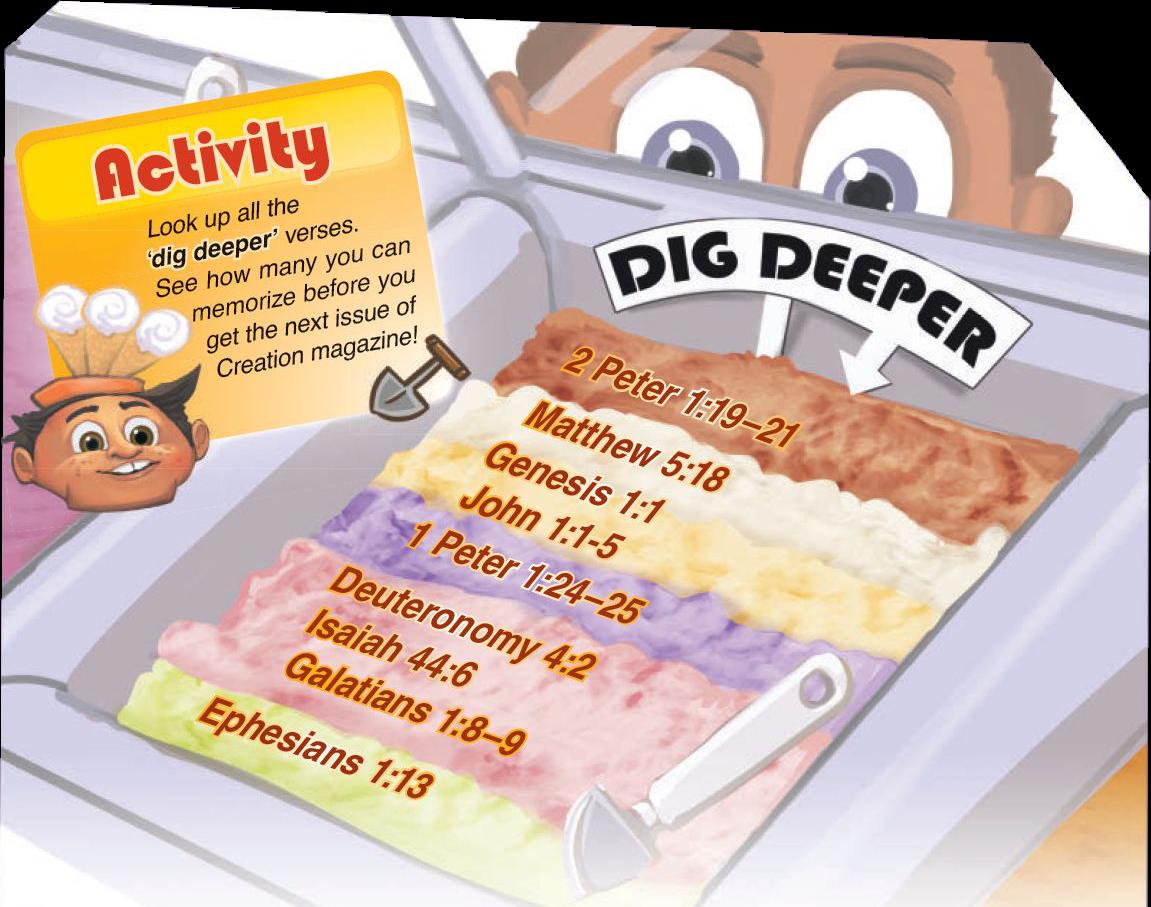
How do we know what should be in the Bible?
Our biggest authority on what books should be in the Bible is Jesus, and He accepted and taught from the Old Testament we have today. We know which books should be in the New Testament because the apostles wrote them, men Jesus chose to be the first to spread the Gospel, or by people who knew them and wrote under their direction.
Don’t other religions have Bibles too?
Some other religions have books that they say are from God. But those books aren’t really from God, and we know that from the contradictions and errors in them. Most importantly, they don’t point to Jesus, so they can’t be from God.
⛏ Dig a bit deeper: Deuteronomy 4:2, Isaiah 44:6, Galatians 1:8–9
After the kids had run out of questions, Noah looked thoughtful. “Wow”, he said. “I never knew there was so much in the Bible! God must love us a lot to tell us all of that.”
Mom answered, “God does love His people, and like a loving Father He communicates the grace and forgiveness that is available to us through believing in Jesus and the sacrifice He made for our sins upon the cross. This is the Gospel or good news that the Bible teaches.”
⛏ Dig a bit deeper: Ephesians 1:13


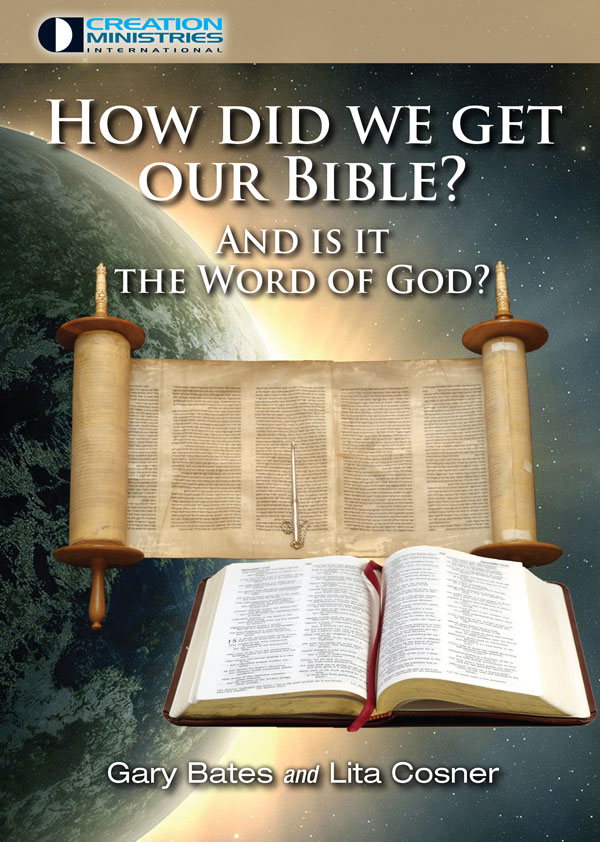
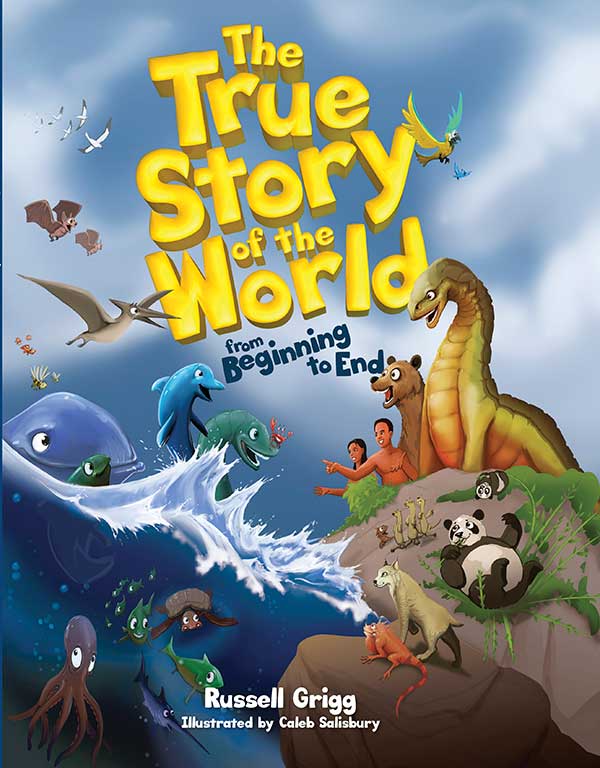
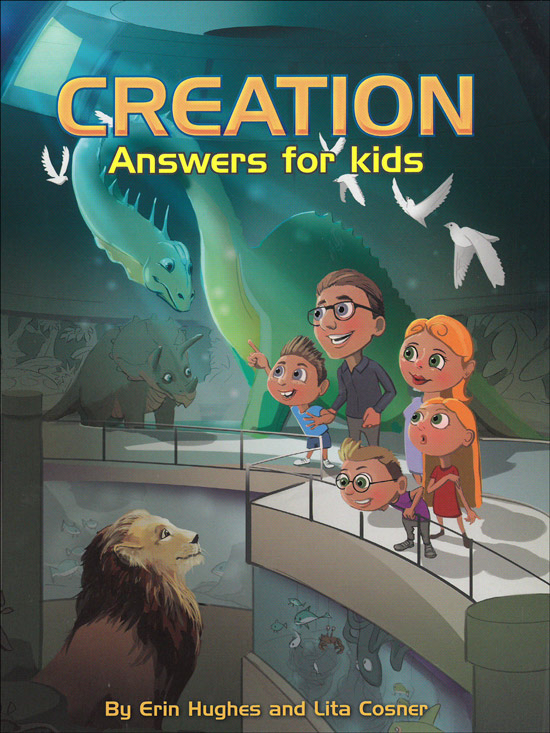
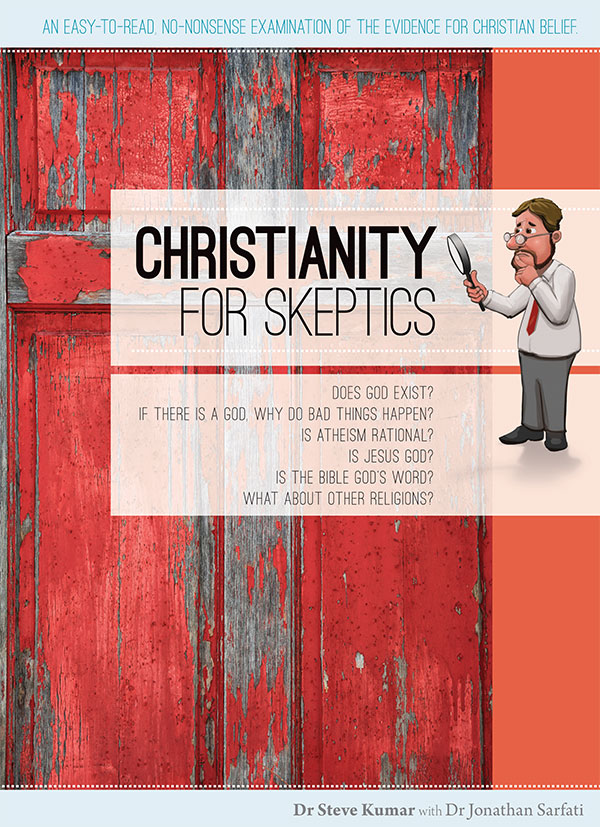



Readers’ comments
Comments are automatically closed 14 days after publication.